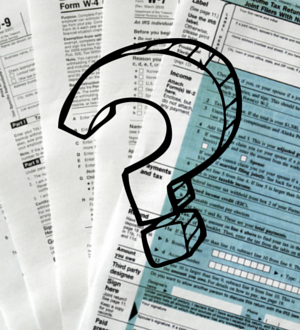
Tax Fraud – Who’s Problem is It?
The IRS reported a substantial increase in fraudulent tax returns over the past 18 months. It’s now climbing to the multi-billion issue. Congress and the Department of Justice are now involved with hearings planned in the near future. Intuit, one of the nation’s largest producers of tax preparation software was contacted recently by the IRS and the Department of Justice on the issue as well.
Which all begs the question “who’s responsible for policing tax fraud?” Intuit’s position was fairly straightforward: the company will do all it can to find suspect returns but the responsibility and authority to reject fraudulent returns lies with the IRS, not Intuit (a private company). The IRS seems to feel differently. Congress is now considering hearings to review testimony regarding the private sector’s role in fraud detection and prevention.
It brings to mind our current system of tax collection – something that’s already been largely imposed on the private sector. Employers are responsible for withholding funds from employee paychecks and remitting these to the IRS and state agencies for federal and state tax, social security and Medicare along with a host of other taxes. And the cost to the private sector is substantial. Some estimates suggest that this tax collection function imposed on private companies costs them as much as 5% to 10% of total profits. It’s like the elephant in the room that’s never addressed or compensated for. Penalties for failing to comply are huge and harsh – companies have learned to comply or face stiff consequences.
So as the discussion heats up on tax fraud prevention it’s very likely that the private sector may again be hijacked to address it. Hopefully this time around the burden on the private sector will be acknowledged and addressed as well.

